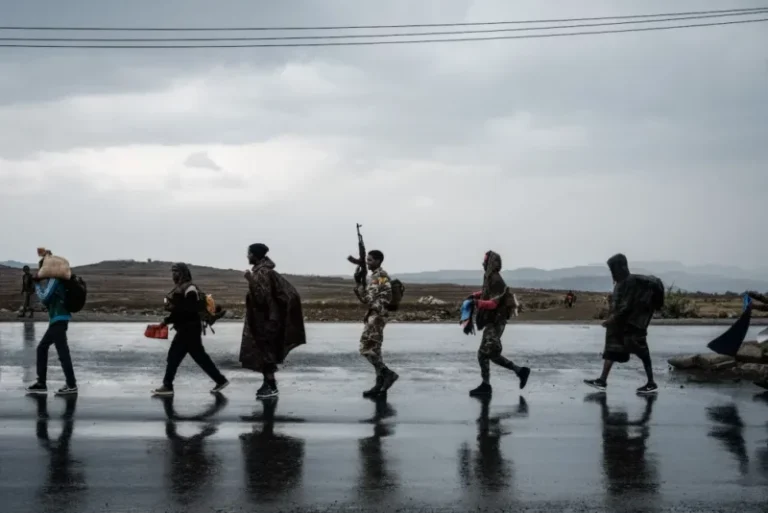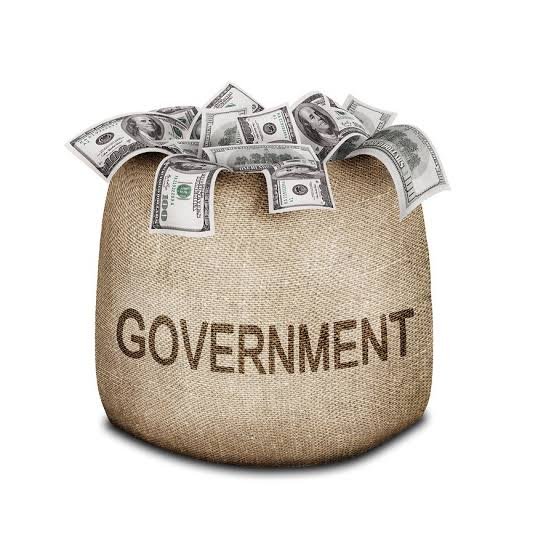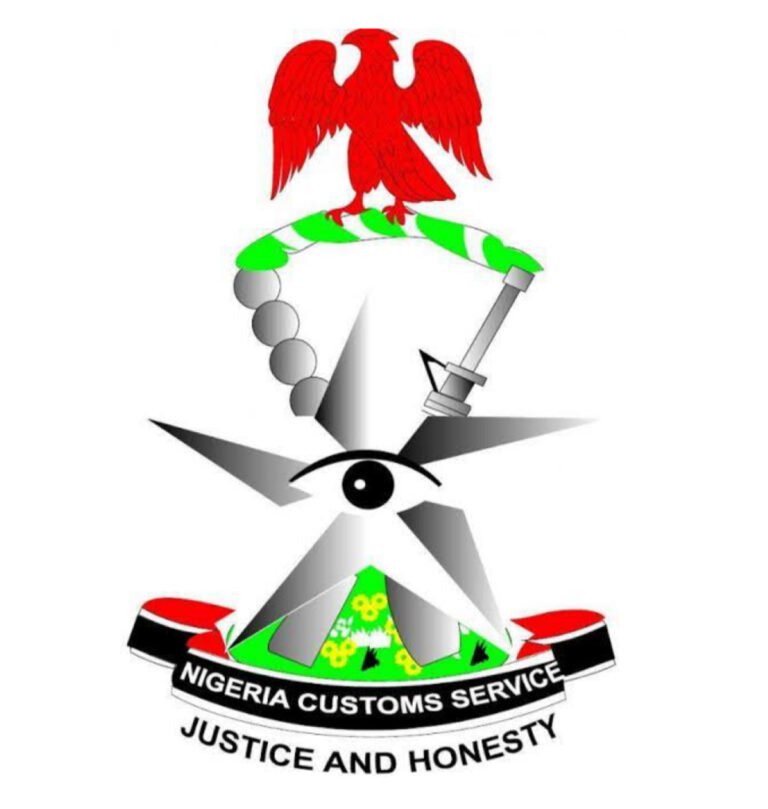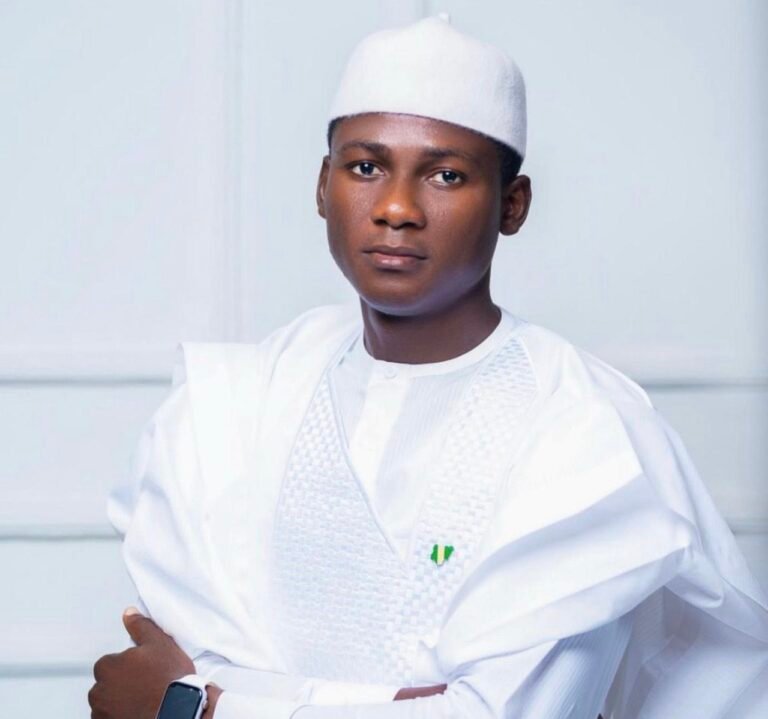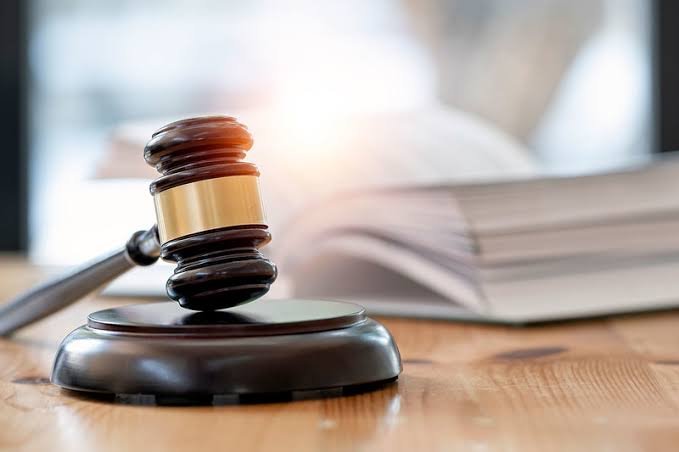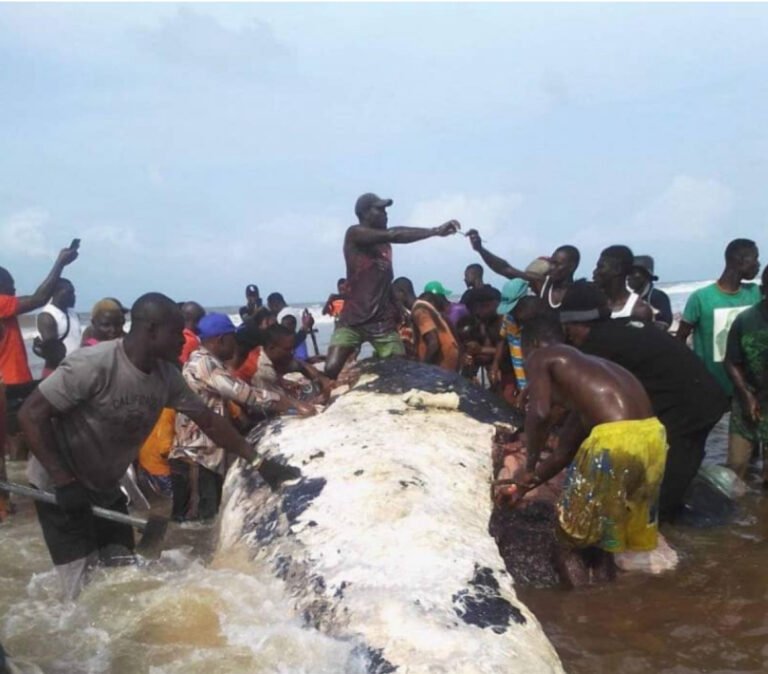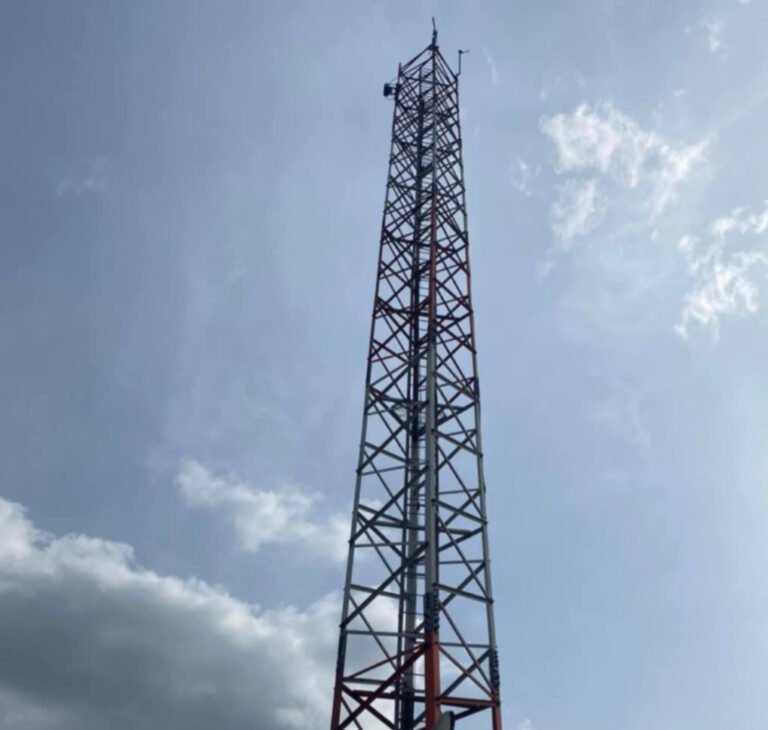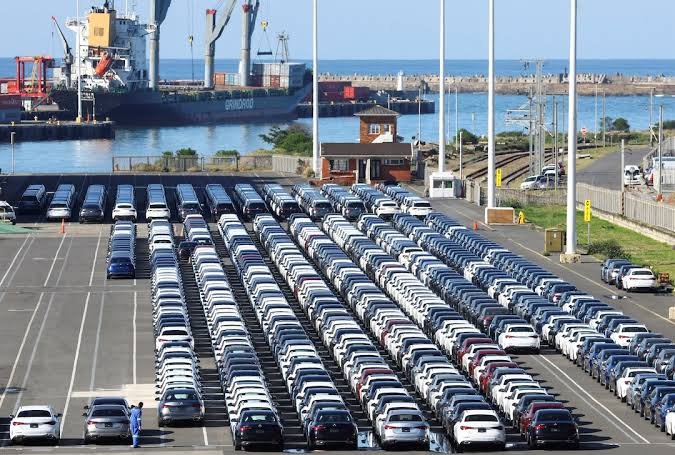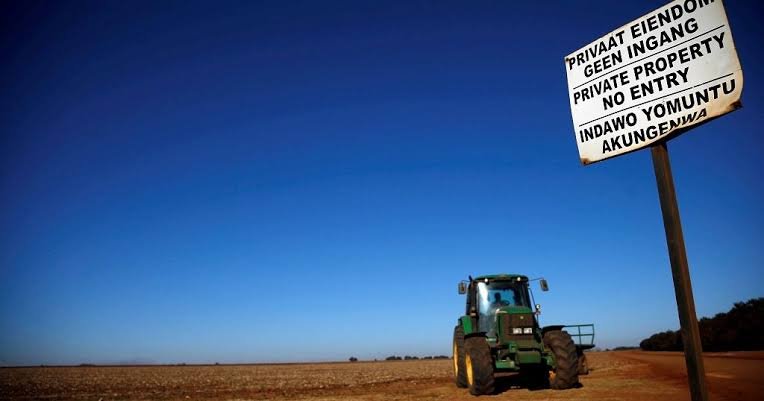The recent move by President Bola Ahmed Tinubu’s administration to ban 25 journalists and several media houses from covering the activities of the Presidential Villa in Abuja is indicative of a larger, troubling trend: the continuous erosion of press freedom in Nigeria.
The Socio-Economic Rights and Accountability Project’s (SERAP) decision to challenge this ban in the Federal High Court in Lagos underscores the severity of the issue. SERAP’s lawsuit is not just about defending the rights of those 25 journalists, it is about preserving the fundamental principles of freedom of expression and media that underpin any democratic society.
In a suit filed last Friday, SERAP is seeking “an order to direct and compel President Tinubu to reverse the revocation of the accreditations and ban on 25 journalists and media houses from covering the Presidential Villa.”
“The media plays an essential role as a vehicle or instrument for the exercise of freedom of expression and access to information – in its individual and collective aspects – in a democratic society,” the suit reads in part.
“The exercise of the right to freedom of expression through the media is a guarantee that is fundamental for advancing the collective deliberative process on public and democratic issues.”
Nigeria’s tumultuous relationship with the media is not new. The Space for Change report, which highlighted Nigeria’s unenviable record of 122 press crackdowns out of 207 in the West African sub-region, suggests a systematic disdain for journalistic freedoms. But why does this matter?
For one, the media acts as a critical watchdog, holding the government accountable and providing citizens with the information they need to make informed decisions. The exclusion of media personnel raises concerns about what the government might be trying to hide. Such actions can erode public trust and stifle the informed discourse necessary for a functioning democracy.
The Nigerian Constitution itself emphasizes the importance of media freedom. Section 22 clearly states that agencies of mass media “shall at all times be free to uphold the fundamental objectives” of promoting responsibility and accountability of the government. The very act of restricting journalists seems to fly in the face of these principles.
By sidelining journalists, the government is not only violating the country’s constitution it is also flouting international human rights agreements to which Nigeria is a signatory. The freedom to express, inform, and participate is a cornerstone of global human rights standards.
Article 19 of the Universal Declaration of Human Rights guaranteed the freedom of expression, including ensuring freedom for the media around the world. According to the United Nations, independent, free and pluralistic media are central to good governance in democracies that are young and old.
While the SERAP’s lawsuit serves as a spotlight on a specific incident, it should also prompt broader introspection about the state of media freedom in Nigeria. At stake is not just the fate of 25 journalists but the future of transparent governance and informed citizenship in the country. If these freedoms continue to be curtailed, Nigeria risks moving further away from the democratic ideals it professes to uphold.



